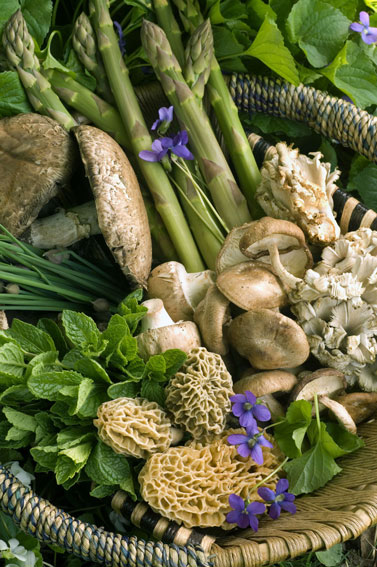The country's leading urban forager shines a light on wild herbs and plants to jazz up your garnish, and much more, says Sam Wylie-Harris.
Since the dawn of time we’ve been foraging for wild foods to use in drinks and as medicine.
To really get a taste for the year-long bounty around us, how about delving a little deeper for sprigs and slices to add a quirky twist to a classic cocktail?
However, you don’t need to run to the hills, go down to the woods or take a jaunt to the seaside to scout for wild ingredients if you want to make a variation on a much-loved tipple.
Founder of Forage London and author of The Edible City cookbook, John Rensten wants to give city dwellers the chance to enjoy and discover some of the wonderful wild foods that grow all around us – some of which can be used in cocktails, as he recently demonstrated on a guided foraging walk for Bushmills Irish Whiskey.
To steer you through the urban landscape, here are Rensten’s top 10 foraged ingredients that can be used as part of your cocktail repertoire…
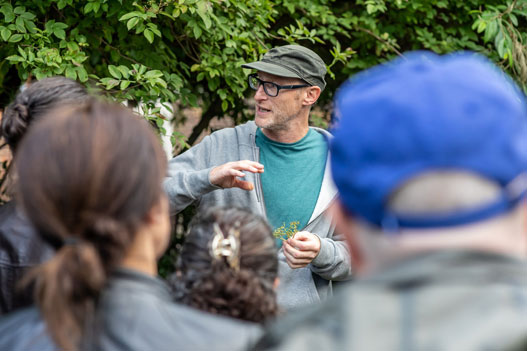
1. Lime blossom
“Used fresh it gives sweet notes of melon and a hint of cucumber. Great as an addition to a mint julep,” says Rensten.
2. Hogweed bitters
“Tastes like bitter orange and numerous other dried spices all rolled into one. Works really well in place of Angostura bitters when making an Old Fashioned.”
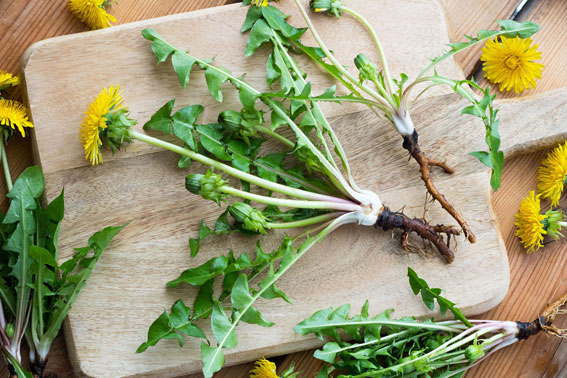
3. Fig leaves
“When crushed and made into a syrup, these taste like coconut. Great for giving depth to a Gimlet or adds extra coconut flavour to a Pina Colada.”
4. Crab apples
“Some sweet/sharp varieties work well instead of orange peel in an Old Fashioned,” when dried says Rensten.
5. Sumac
“Has strong citrus elements but less sour than lemons. Can be used as part of a Whiskey Sour.”
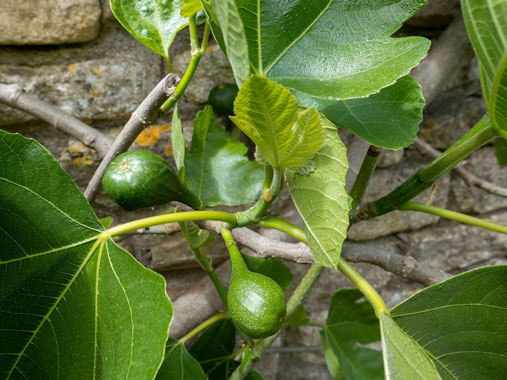
6. Magnolia blossom
“Tastes a lot like ginger with additional bitter notes. A magnolia blossom syrup would work really well as part of an Agave Ginger Rita,” suggests Rensten.
7. Dandelion root
“Tastes like nutty coffee but is caffeine free. Roast [the roots] first and grind, then use as part of an Irish coffee.”
8. Sorrel
“Has a tart/sweet lemon meets apple flavour. Can be used in place of lemon juice when making a Tom Collins, with gin, or a John Collins, with whiskey.”
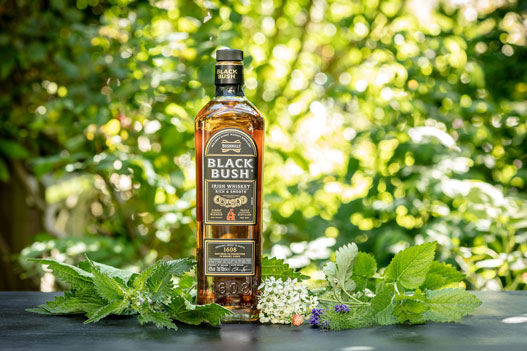
9. Quince
“Another great substitute for lemon because of its intense citrus taste. Can be used as part of a Whiskey Sour.”
10. Nettles
“Cook gently with water and sugar to make a nettle syrup, to give an interesting twist to a [bourbon based] Southern Spell,” says Rensten – wear gloves when you go harvesting to mind the sting.

